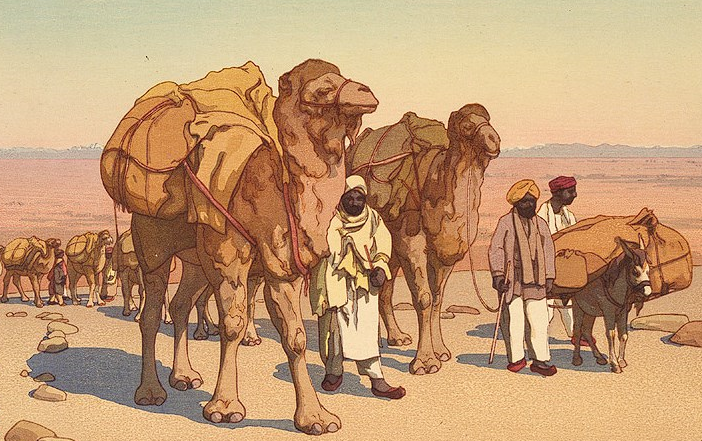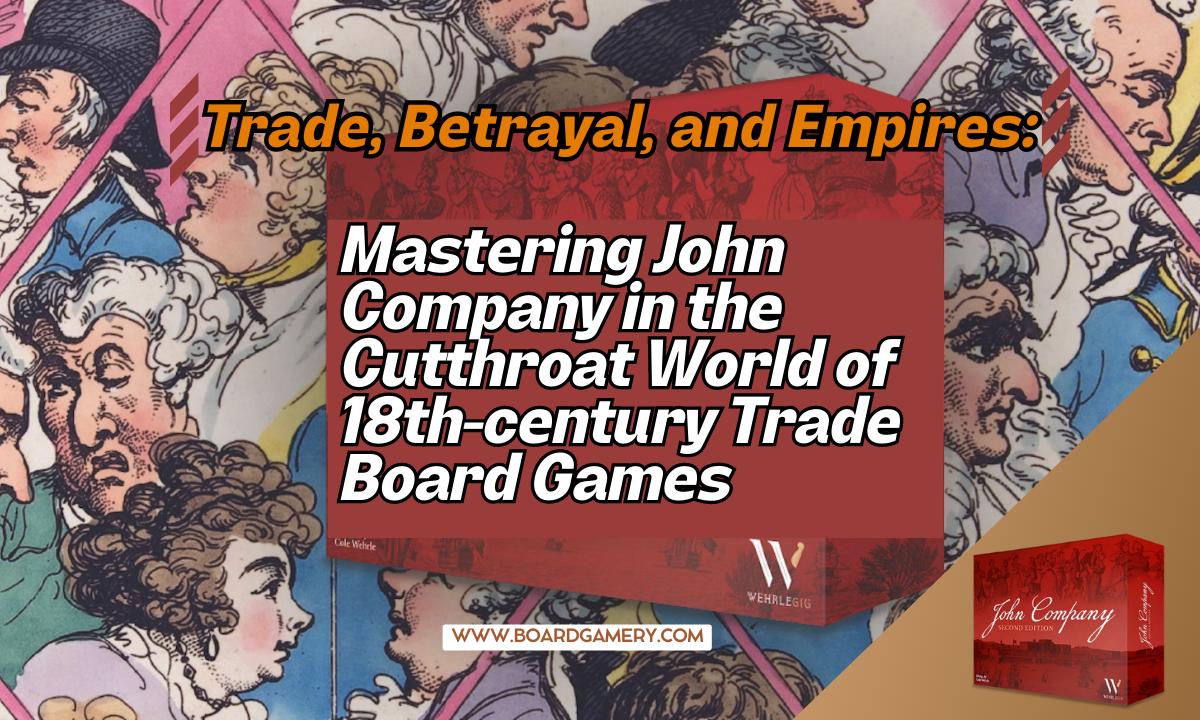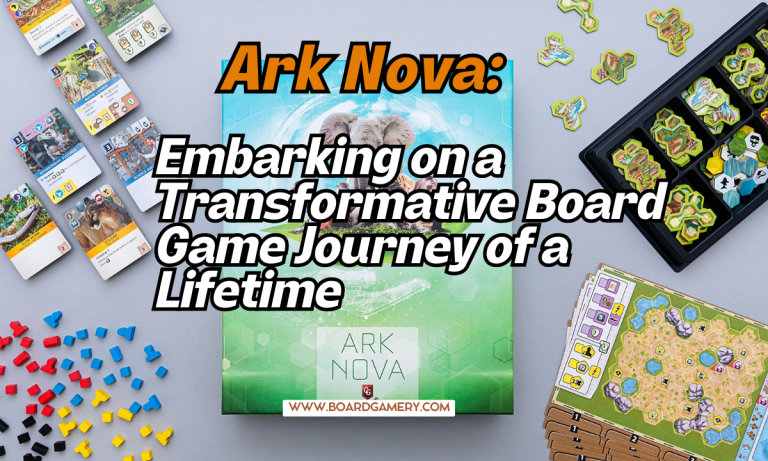Mastering John Company: The Cutthroat World of 18th-century Trade Board Games
John Company: The Ultimate Board Game Experience for Aspiring East India Company Tycoons
Ah, the East India Company. A shining example of colonial exploitation, shady business practices, and everything that was wrong with the 18th-century global trade scene. Truly, a historical period that deserves its very own board game.
Well, whether you’re ready to don a powdered wig and monocle or simply curious to see if you have what it takes to navigate the treacherous world of international trade and politics, Cole Wehrle’s John Company might be the perfect game for you. And by “perfect,” I mean “painstakingly complex and mind-bogglingly detailed.” But hey, that’s all part of the fun, right?

Let us now embark on a lengthy exploration of this intricate piece of tabletop wizardry – from its nail-biting negotiations and diplomacy to its fascinating mechanics and (somewhat) dubious historical accuracy. Buckle up, folks. We’re in for a wild ride!
The Tangled Web of Alliances, Investments, and Resources
At its heart, John Company is a game about balancing investments and managing resources while jockeying for dominance and control over lucrative trade routes and territories. As players assume the roles of ambitious East India Company investors, they must oversee their financial holdings, interact with other players, and navigate the ever-changing world of 18th-century geopolitics.
This careful balancing act creates a palpable sense of tension and competition throughout the game, as players scramble to forge alliances, broker deals with other players, and avoid falling afoul of powerful political factions. Thankfully, Cole Wehrle has provided an excellent tutorial on roller skate diplomacy for aspiring game wheelers and dealers.
Navigating the Negotiation Minefield
At the crux of John Company’s gameplay lies negotiation – that delicate art of convincing someone to part with their hard-earned assets in exchange for promises of future returns (or maybe just a shiny bauble or two). In this game, players must forge alliances, negotiate trade agreements, and maneuver through a maze of shifting alliances and rivalries – all in the name of glorious profit.

But be warned: negotiation in John Company is not for the faint of heart. The game is rife with opportunities for backstabbing, underhanded tactics, and treachery abound! So, whether you’re plotting to overthrow the ruling government or just trying to secure a lucrative position for your favorite nephew, the key to success in this game often boils down to the quality of your bargaining skills.
A Smorgasbord of Scenarios and Historical Detail (Or Lack Thereof)
John Company offers players a veritable feast of historical scenarios to choose from, each presenting its own unique challenges and opportunities. From the early days of the company’s formation in 1710 to the tumultuous period leading up to the Indian Mutiny of 1857, players can immerse themselves in a sweeping historical epic that spans nearly two centuries.
Of course, like any good work of historical fiction, John Company takes its fair share of liberties when it comes to historical accuracy. No, Queen Victoria probably wouldn’t have been amused to see her loyal subjects trading “Pinkertons” for “Bumptious Barristers,” but hey, who’s counting?
The Mechanics of Empire
As any accomplished board game aficionado will tell you, a game can live or die by its mechanics – and John Company excels in this department. From the intricate interplay of investments and resources to the dizzying array of options available to players at any given moment, the game offers a wealth of strategic possibilities for the aspiring East India Company mogul.

This depth of gameplay, combined with the game’s high degree of social interaction, makes John Company an engaging and immersive experience that will have players plotting, scheming, and cutting deals well into the early hours of the morning.
The (Occasionally) Fraught Topic of Colonialism
Let’s address the elephant in the room: is John Company’s colonial-era theme… problematic? The game has sparked a fair amount of debate amongst players, with some questioning whether it’s appropriate to take such a lighthearted approach to a period marked by oppression and exploitation.
However, others argue that the game’s focus on the mechanics of empire and the scrabbling greediness of its player-characters offers a pointed critique of the colonial mindset. Like many things in life, the answer to this question likely depends on your personal perspective and cultural background.
In conclusion, John Company is a complex, engaging, and often chaotic game that transports players back in time to the sprawling, cutthroat world of 18th-century international trade. While its authenticity may be up for debate and its learning curve steep, the game stands as a testament to the endless possibilities for innovation and storytelling in the world of tabletop gaming.
So, grab your tricorn hat, sharpen your negotiation skills, and prepare to set sail for the Indian subcontinent! Who knows what riches – or treacheries – await you there? And, if this article has whetted your appetite for even more John Company-related shenanigans, stay tuned for future installments delving deeper into the world of East India Company board games.
More About John Company:
| Players Required | 1–6 Players |
| Playing Time | 90–240 Min |
| Minimum Age to play | 13+ |
| Rating | 8.4 |





